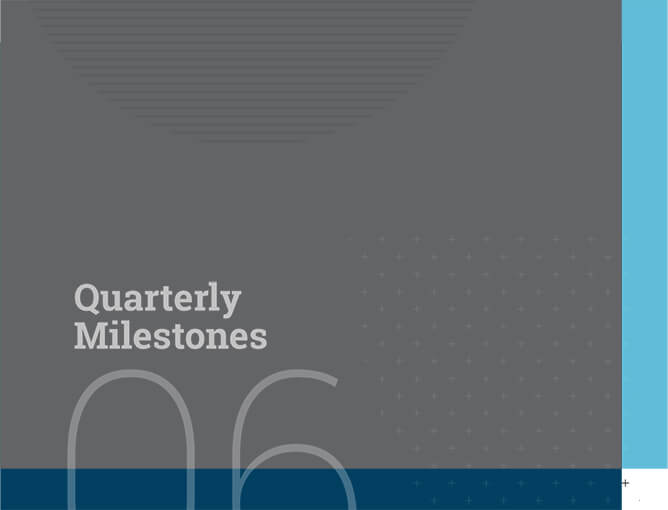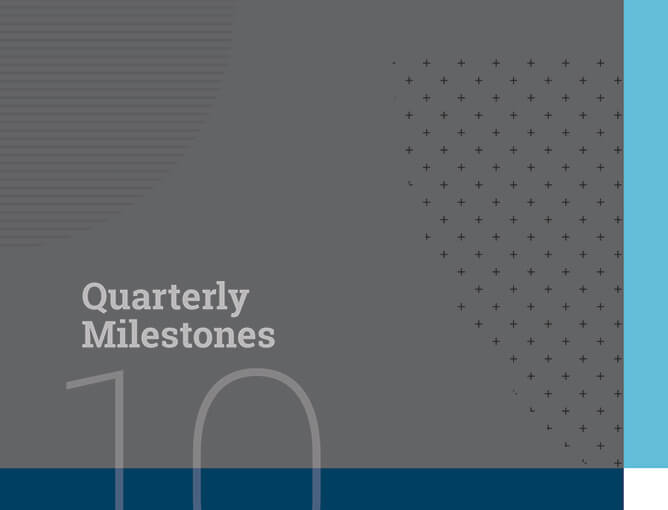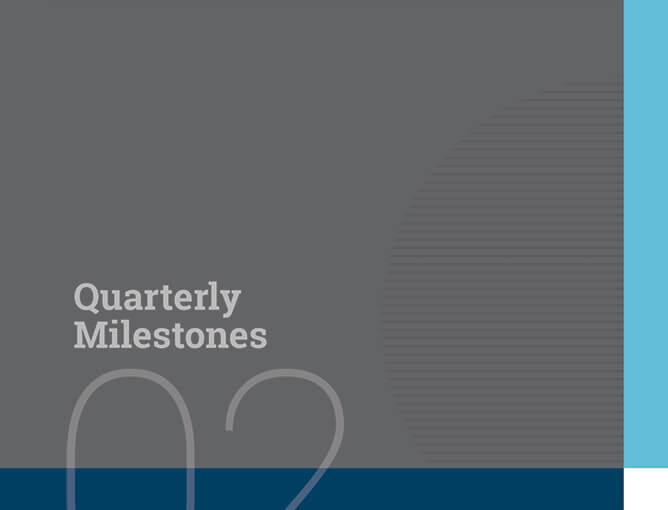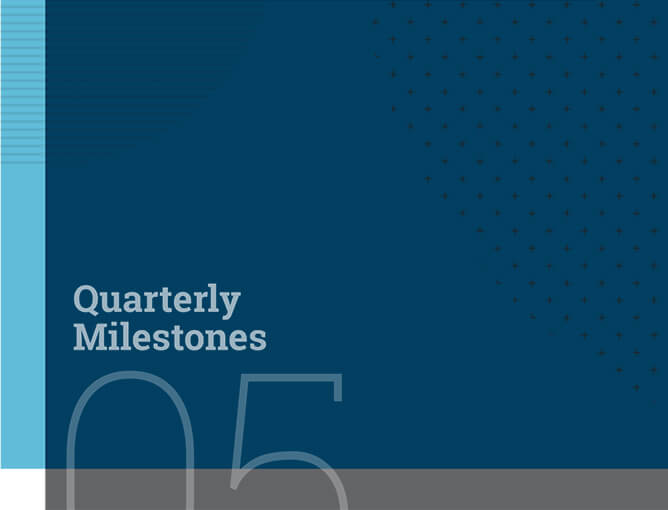
Jyotsna JayaramPartner

Rachana RautraySenior Associate

Karthik RaiAssociate
Key Developments
-
The Advertising Standards Council of India and the Department of Consumer Affairs release guidelines regulating influencers, including financial and health influencers
The Advertising Standards Council of India (ASCI) and the Department of Consumer Affairs (DCA) have been increasingly active in regulating advertisements across various sectors, especially with the rise in the number of online influencers.
The ASCI has:
- introduced guidelines (ASCI Guidelines) expanding the definition of 'celebrities' to regulate more influencers; and
- imposed licensing and disclosure requirements for health and finance influencers.
To elaborate, the ASCI Guidelines expand the ambit of the word 'celebrities' to include social media influencers having a following of 500,000 or more, or individuals that get compensated INR 40,00,000 or equivalent value annually for appearing in advertisements. These celebrities must now undertake due diligence before endorsing a product and must provide testimonials based on their genuine and recent opinion.
Moreover, financial influencers are now required to be registered with their relevant sectoral regulators, depending on the nature of the content created, and comply with disclosure requirements that they may be subject to. Further, health influencers must now have qualifications such as a medical degree, or be a certified nurse, nutritionist, dietician, etc., in order to publish health-related content.
Separately, the DCA has also introduced guidelines (Influencer Guidelines) to regulate the activities of celebrities, influencers and virtual influencers operating in the field of health and wellness. The Influencer Guidelines prescribe disclosure, disclaimer and due diligence requirements for health and wellness influencers, including virtual influencers, such as having certifications before sharing health-related content and encouraging the audience to obtain advice from medical experts prior to making significant lifestyle alterations.
Both these sets of guidelines are expected to tackle newer forms of influencing on social media and other online platforms, including sensitive and significant areas such as health and finance.
-
Guidelines prescribed for advertisements for charitable causes to reduce donor distress and increase transparency of funds-flow
With increasing online advertisements seeking funds for charities through crowdfunding, the ASCI, in July 2023, released guidelines regulating advertisements for charitable causes.
The guidelines note that online advertisements for charitable causes have been creating donor distress by showing graphic images that nudge users to donate but may cause unnecessary distress by misleading them. Hence, the guidelines require that advertisements for charitable organisations or crowdsourcing platforms for charity must:
- not shame someone into donating;
- respect those on whose behalf an appeal of funds is being made by securing express consent for the usage of their images;
- transparently disclose if the funds would be shared with other beneficiaries; and
- reveal what the platform's fees are for raising donor funds.
The guidelines therefore reduce the scope for manipulation of customers so as to give them greater autonomy to provide funds for charitable causes, and bring about greater transparency in funds flow to keep the public aware.
-
The government proscribes online advertising of betting and gambling in a bid to curb money laundering
The Ministry of Information and Broadcasting (MIB) has released a statement asking online advertising intermediaries, social media and other media entities not to run advertisements promoting betting or gambling in any form. This could impact the running of various gambling operations. This move is expected to target the networks of agents that have obtained significant amounts of money from users of gambling apps to transfer these funds outside India. This can help potentially reduce money laundering through such ads in India and is a positive move reflecting the government's intent to curb the proliferation of gambling operations.
The MIB's advisory highlights how money is pooled through gambling apps and transferred outside India, causing financial and other risks to Indian consumers, especially the youth. Noting that such transfers and arrangements have connections with money laundering networks and the deployment of black money in advertising which can impact the financial stability of India, the aforementioned intermediaries have been proscribed from publishing both direct and indirect advertisements of betting and gambling platforms, and sporting events. The government has instructed them not to publicise such platforms and has forewarned them of action under the Consumer Protection Act, 2019, the Press Council Act, 1978, and the Information Technology (Intermediary Guidelines and Digital Media Ethics Code) Rules, 2021. However, the scope of such guidelines remains to be seen, especially since various states have taken differing stances relating to what amounts to betting or gambling, and what amounts to a game of skill.
These developments point to an increasingly regulated online advertising space to protect consumers in the online world. While some of the ASCI guidelines and the government's notifications are sector-specific (such as health or finance), such broadened diligence requirements may soon apply to other advertising sectors in the online space, including fashion influencers, sports influencers, travel influencers, etc., given the risk of misleading advertising in such sectors.
In the coming months, several interesting developments are anticipated, including the finalised guidelines on dark patterns that are expected to provide significant aid in curbing various manipulative design patterns across websites which trick users into providing more personal data than required, purchase products they did not intend to, etc. This may result in significant user design changes across various sectors. Online platforms should therefore consider reassessing their product user interfaces to ensure they do not engage in such deceptive practices.












